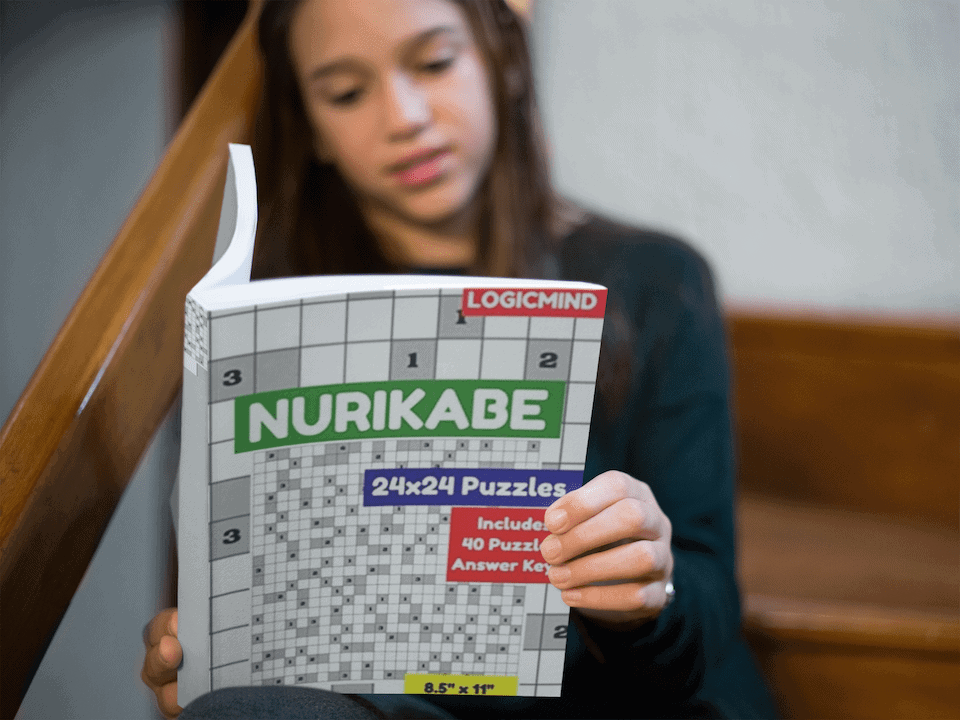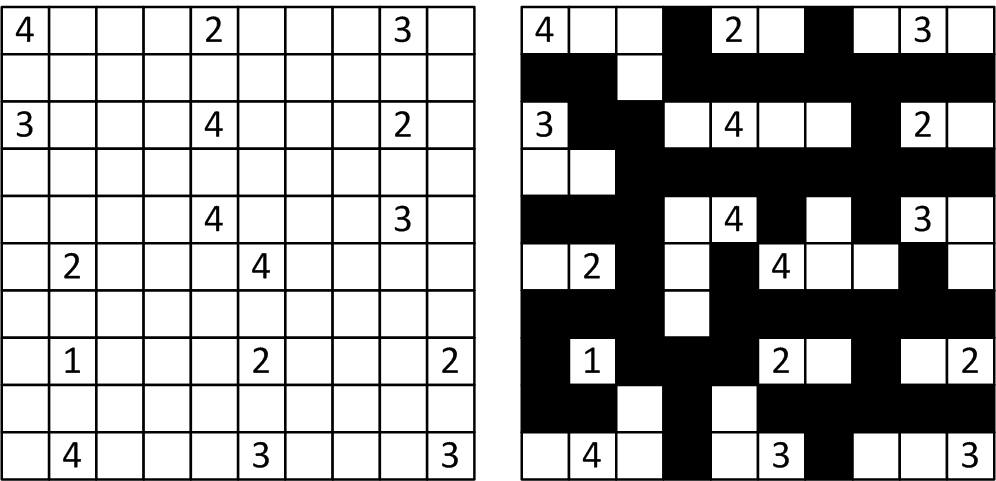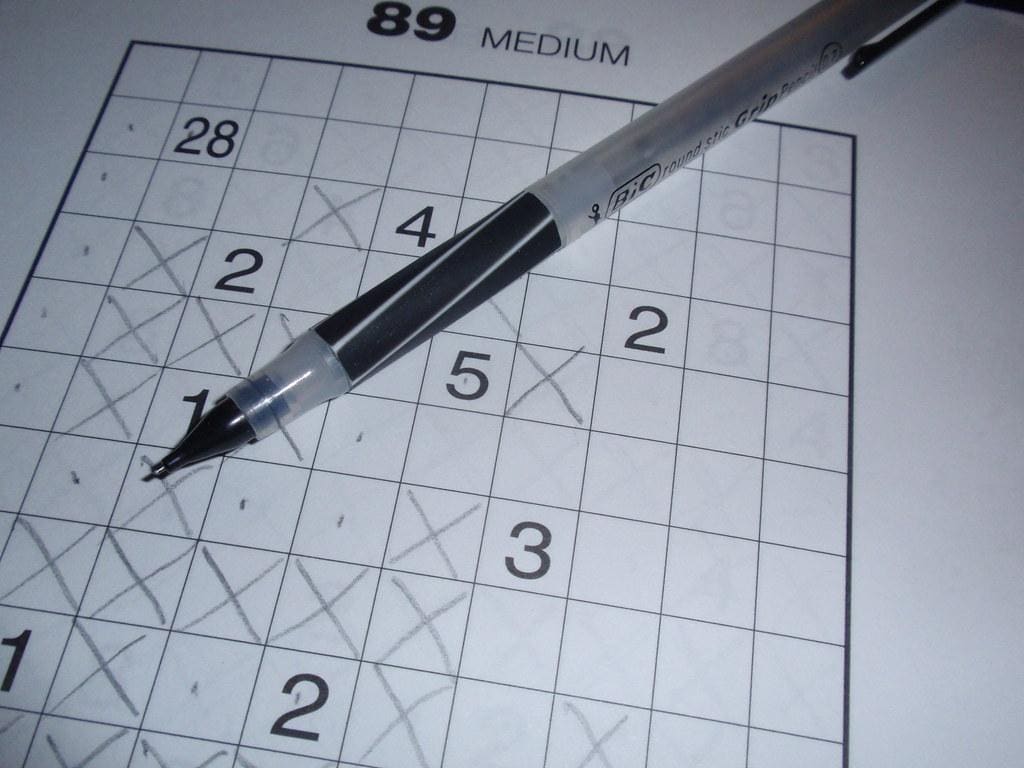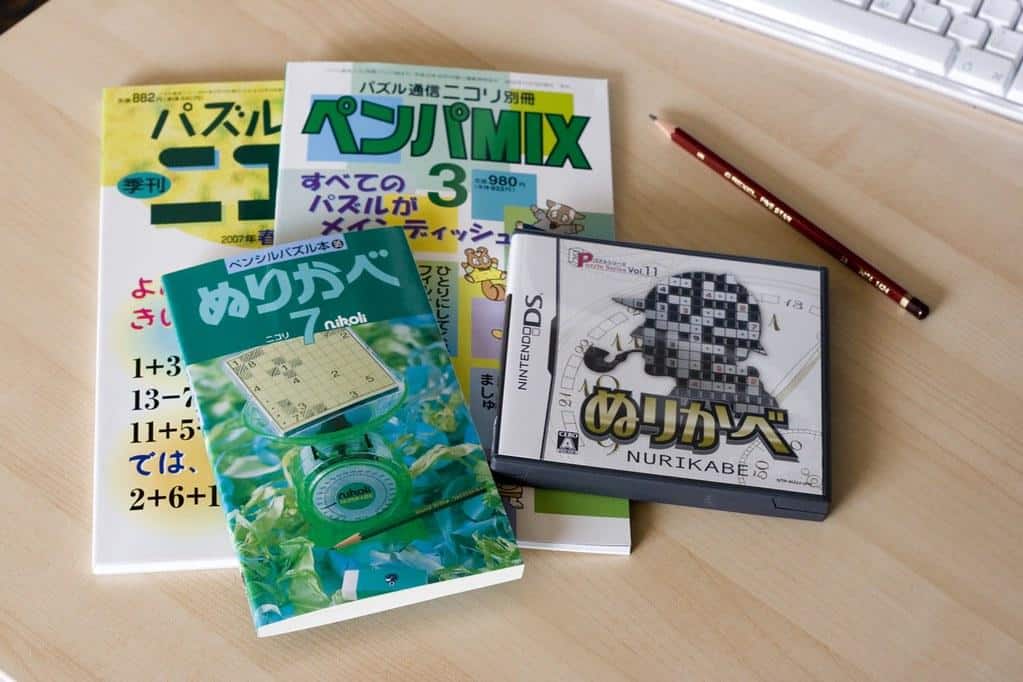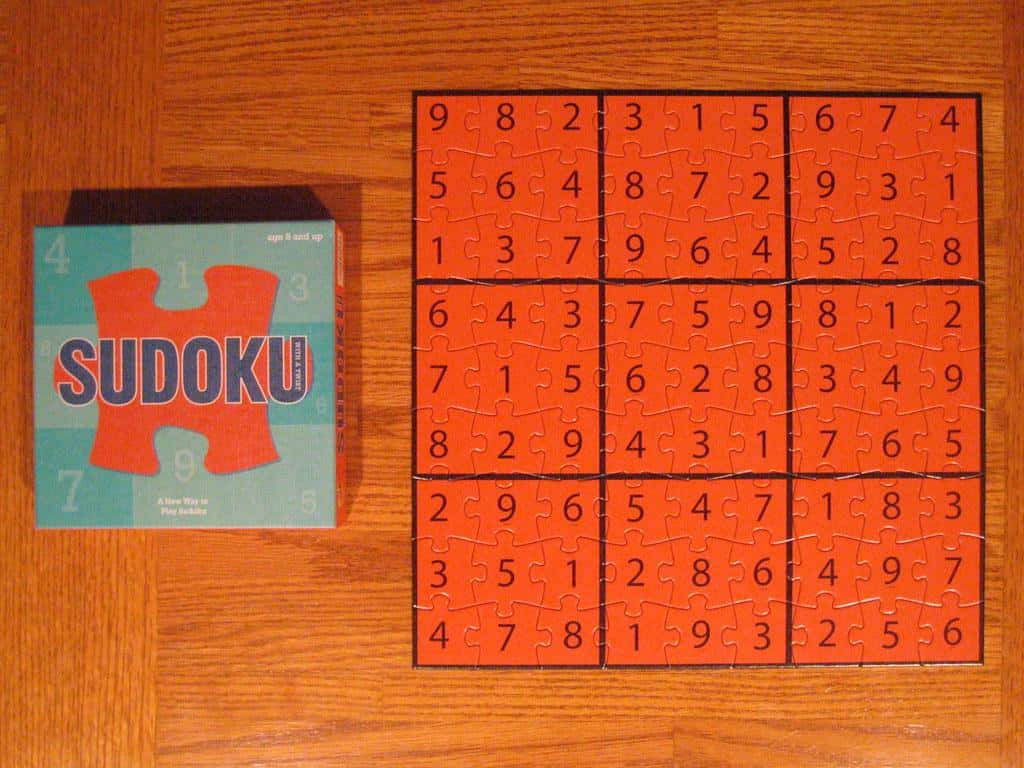Puzzles have been around for centuries and have been used as a means of entertainment and mental stimulation. With the rise of digital technology, puzzles have become more accessible and varied, providing an endless array of challenges to suit every level of ability. One such puzzle that has gained popularity to train your brain in recent years is the Nurikabe puzzle.
Train Your Brain With Logic Puzzles
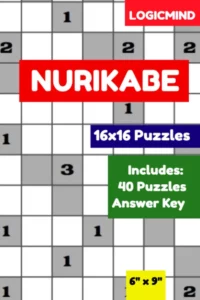
Nurikabe is a logic puzzle that originated in Japan and is based on a grid of cells that must be filled with either black or white tiles. The objective of the puzzle is to create a continuous path of white tiles from one end of the grid to the other, without creating any 2×2 squares of black tiles. The puzzle is deceptively simple, but can be quite challenging and requires logical thinking, problem-solving skills, and spatial reasoning.
Studies have shown that solving puzzles like Nurikabe can have a positive impact on brain function and cognitive abilities. As the brain engages in problem-solving and logical thinking, it strengthens the neural connections between different regions of the brain, improving overall cognitive performance. Additionally, puzzle-solving can help to improve memory, attention, and creativity.
Nurikabe puzzles can also provide a mental workout for specific areas of the brain, such as the prefrontal cortex, which is responsible for decision-making, problem-solving, and planning. This area of the brain is particularly important for executive functioning, which refers to a set of cognitive skills that allow individuals to control their thoughts, behaviors, and emotions in order to achieve specific goals. By regularly engaging in puzzle-solving activities, individuals can strengthen their executive functioning skills, which can have benefits in other areas of life such as work, school, and relationships.
Moreover, puzzles like Nurikabe can also provide a sense of accomplishment and satisfaction, which can boost mood and self-esteem. The process of solving a challenging puzzle can be likened to the feeling of achieving a goal or overcoming an obstacle, and can provide a sense of fulfillment and purpose.
In addition to the cognitive benefits, puzzles like Nurikabe can also be a fun and engaging way to pass the time. With the rise of digital technology, there are now a variety of platforms and apps that offer a wide range of puzzles, including Nurikabe. These platforms often include features such as timed challenges, leaderboards, and social sharing, which can add an element of competition and community to the puzzle-solving experience.
To get the most out of puzzle-solving activities, it is important to challenge oneself with increasingly difficult puzzles. This can help to continually stimulate the brain and prevent boredom or stagnation. Additionally, it can be helpful to switch up the type of puzzles being solved, as this can provide a wider range of cognitive benefits and prevent the brain from becoming too specialized in one area.
Nurikabe puzzles provide a challenging and engaging way to improve cognitive function and strengthen specific areas of the brain. By regularly engaging in puzzle-solving activities, individuals can improve their problem-solving skills, strengthen their executive functioning skills, and experience a sense of accomplishment and satisfaction. With the wide range of platforms and apps now available, it has never been easier to incorporate puzzle-solving into daily life. Whether it is for fun, mental stimulation, or cognitive improvement, puzzles like Nurikabe offer a myriad of benefits that can be enjoyed by people of all ages and abilities.
Keywords: Nurikabe, puzzle-solving, cognitive function, executive functioning, problem-solving, logic, spatial reasoning, memory, attention, creativity, mental stimulation, train your brain, how to train your brain, steps for how to train your brain, use puzzles to train your brain, train your brain with kakuro, train your brain with nurikabe
Check out our Novel Writing Workbooks
Check out Little Tree Food Forest for articles on food forests and homesteading.
Check out FoodieScapes for articles on growing, fermenting and preserving food
Check out StoryScapes.World for articles on writing.
Subscribe to our newsletter to get information delivered to your inbox on homesteading, growing food, food preparation, travel, fishing, and more.







